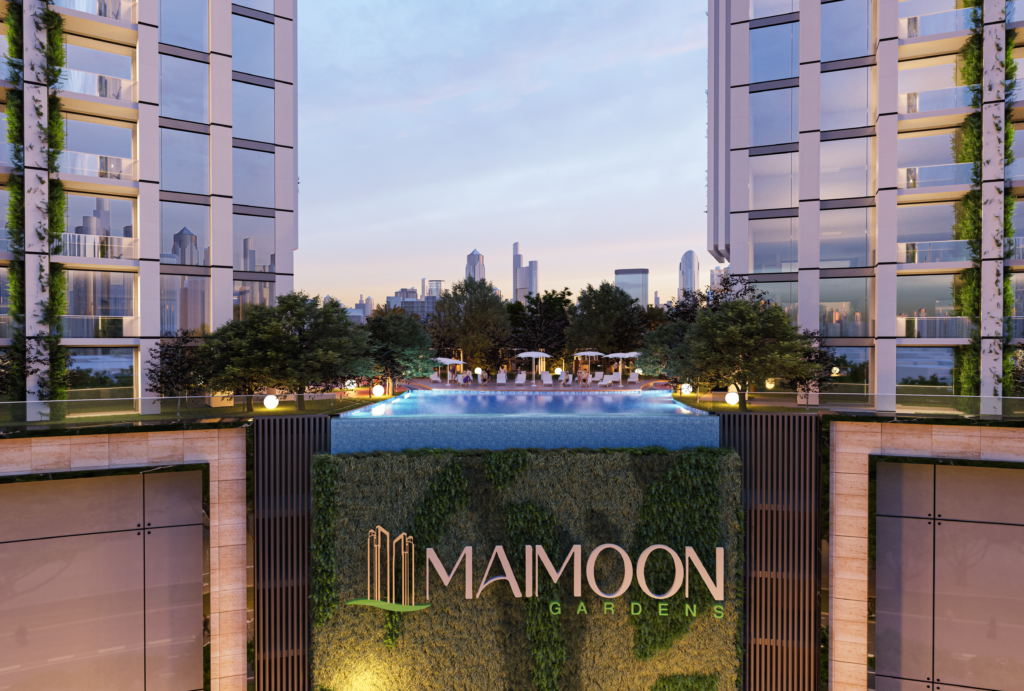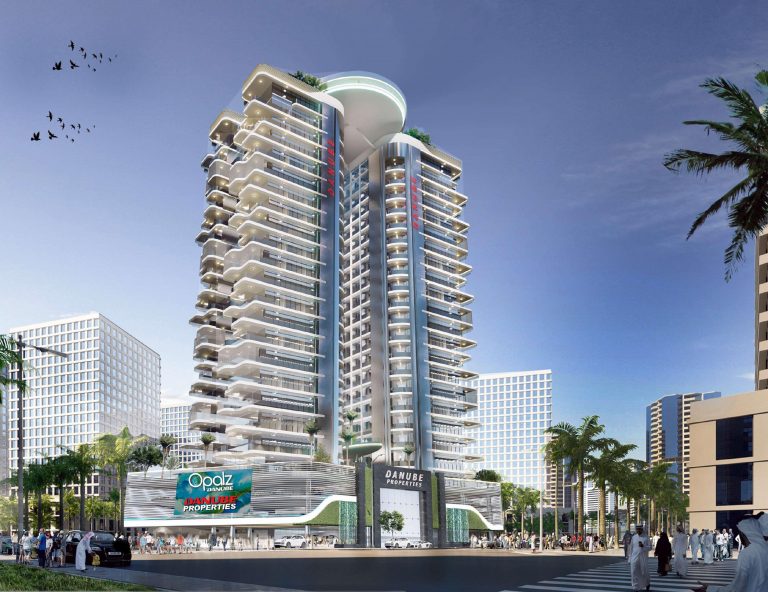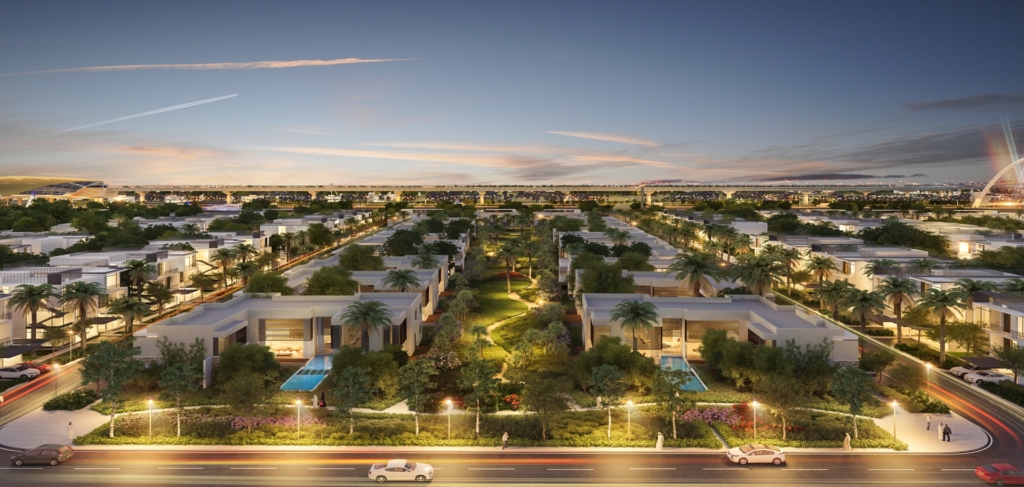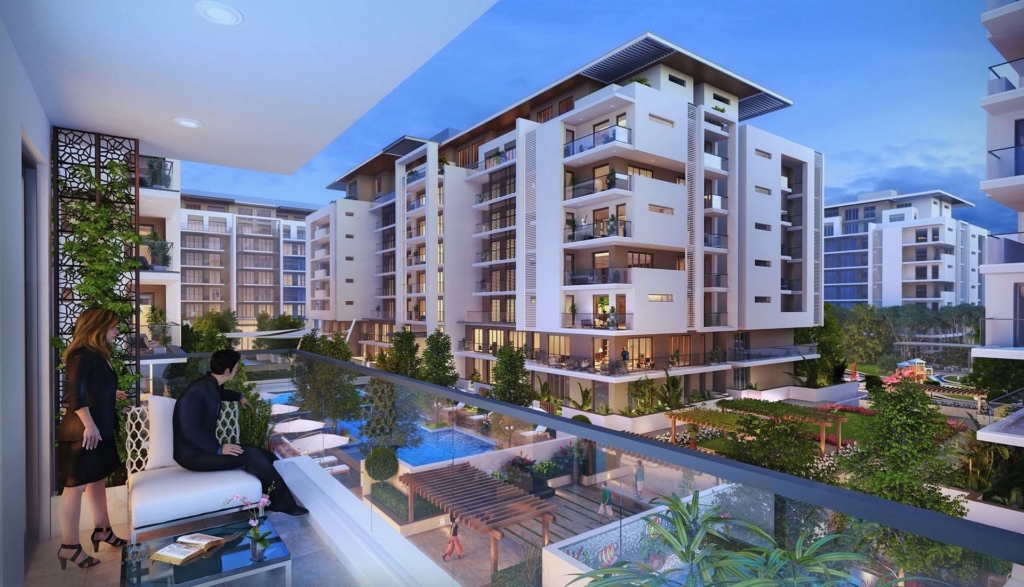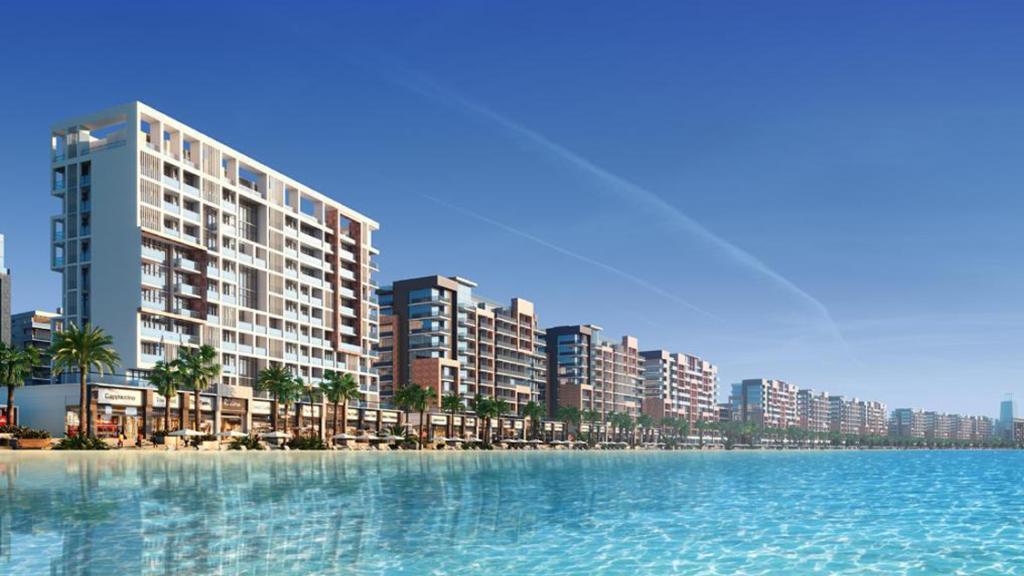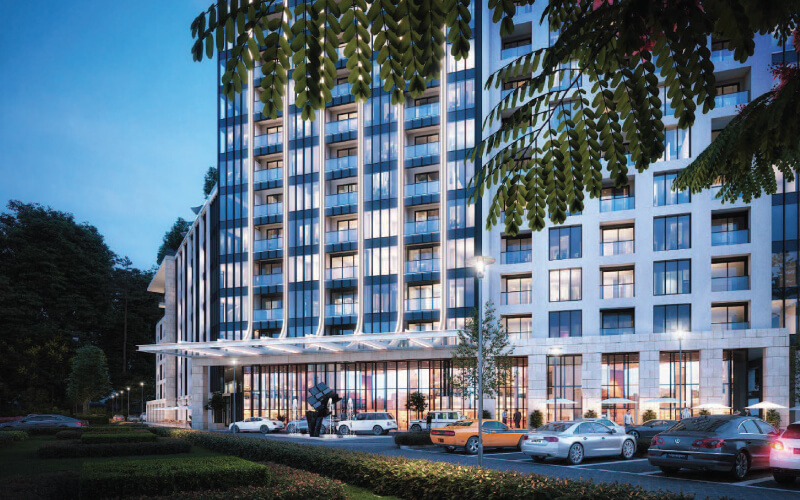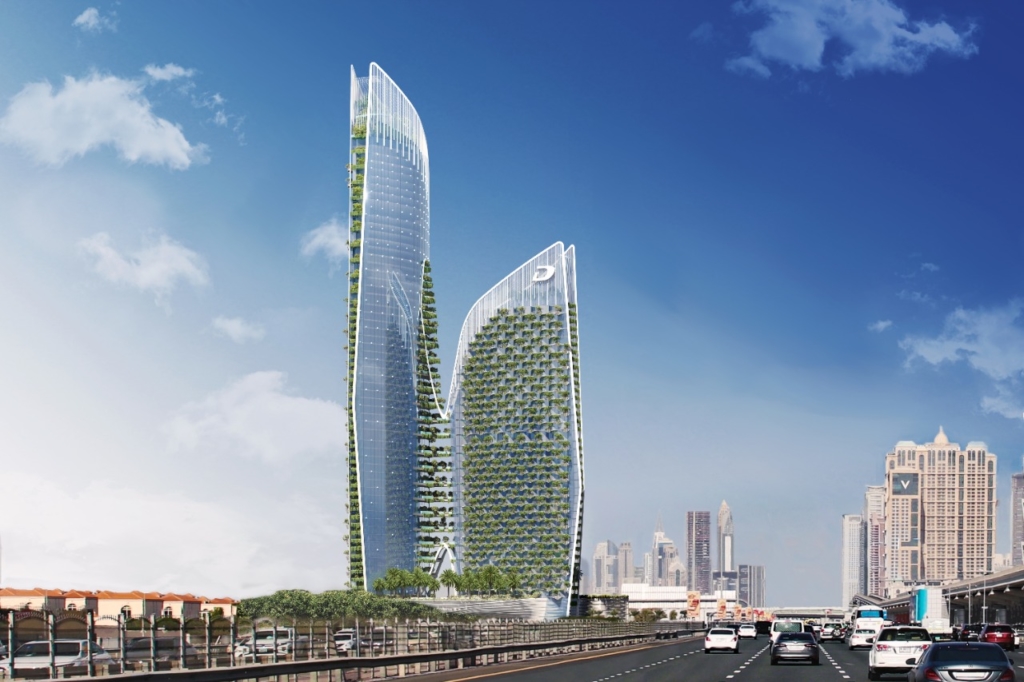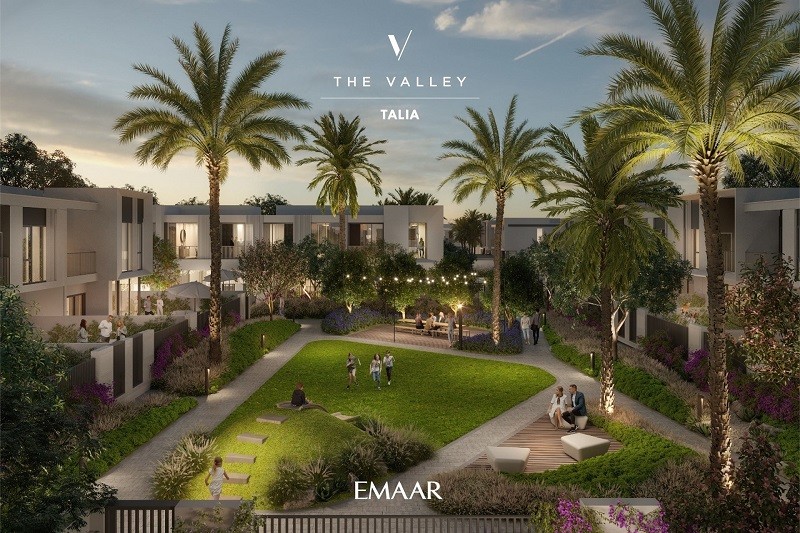Introduction:
In recent years, Dubai’s dynamic real estate market has seen a significant surge in rental prices. This trend, influencing both landlords and tenants, is shaping a new landscape in the city’s housing sector. From rising financial pressures on tenants to evolving leasing strategies, this blog post delves into the current situation in Dubai’s rental market, exploring the reasons behind the surge and the emerging trend of longer leases.
Factors Driving the Rise in Rents
Increased Demand: Dubai’s status as a global business and tourist hub has attracted a surge in population, creating a competitive rental market.
Post-Pandemic Rebound: The easing of travel restrictions and the resumption of economic activities have led to a spike in demand for rental properties.
Geopolitical Turmoil: Events like the Russia-Ukraine conflict have spurred increased investment in Dubai’s real estate, pushing up prices.
Limited Supply of New Units: The slower pace of new residential construction has failed to meet the growing demand, contributing to higher rents.
Short-Term Leasing Restrictions: Regulations limiting short-term leases have prompted tenants and landlords to favor longer lease terms.
Related: Is 2024 a Good Time to Invest in Dubai properties?
The Shift Towards Longer Leases
Landlord Perspective: Longer leases offer landlords consistent income and reduce tenant turnover costs.
Tenant Perspective: Tenants gain stability and protection against frequent rent hikes.
Current Trends: As of October 2023, rents in Dubai have increased by 16-20% annually, with areas like Al Khail Heights and Jumeirah Golf Estate seeing significant hikes.
Related: Best Areas for Couples to Live In Dubai
Insights from Industry Executives
Multi-Year Contracts: Tenants are increasingly opting for two to three-year leases to lock in current rates and secure long-term housing.
Landlord Strategies: Some landlords are waiting for more favorable offers, given the high demand.
Flexible Payment Options: Tenants are seeking to pay rent in multiple cheques, moving away from the traditional single-cheque system.
Looking Forward and Advice for Tenants
Market Projections: Experts anticipate a steady increase in rents through 2024, fueled by high demand.
Tenant Strategies: Effective negotiation, considering longer leases, and staying informed about market trends are crucial for tenants to manage rising rents.
Emerging Trends: Trends like preferences for furnished properties, family-friendly communities, and waterfront views are shaping tenant choices and landlord offerings.
As Dubai’s rental market evolves, it presents a landscape filled with opportunities for both tenants and landlords. The shift towards longer leases is a testament to the market’s adaptability and resilience. For tenants, these longer agreements provide much-needed stability and peace of mind in a fluctuating economic environment. Landlords, on the other hand, benefit from the security of sustained income and reduced turnover costs.
The increasing interest in Dubai’s real estate, driven by its robust economy and global appeal, continues to affirm the city’s status as a vibrant, desirable destination for living and working. As the market matures, we can expect a more balanced landscape, where growth in supply meets demand, leading to more stable and sustainable rental prices.
In this dynamic environment, staying informed and adaptable is key. With a proactive approach and strategic planning, tenants can find value and landlords can maintain profitability, ensuring that Dubai’s rental market remains a cornerstone of its thriving economy.
Related:










